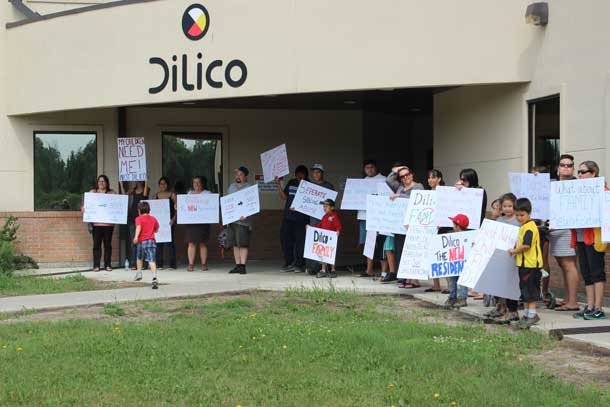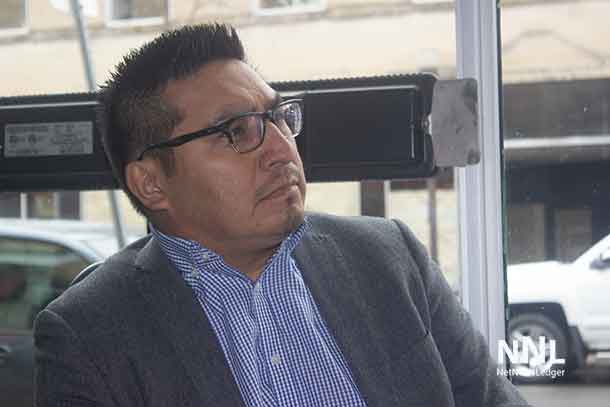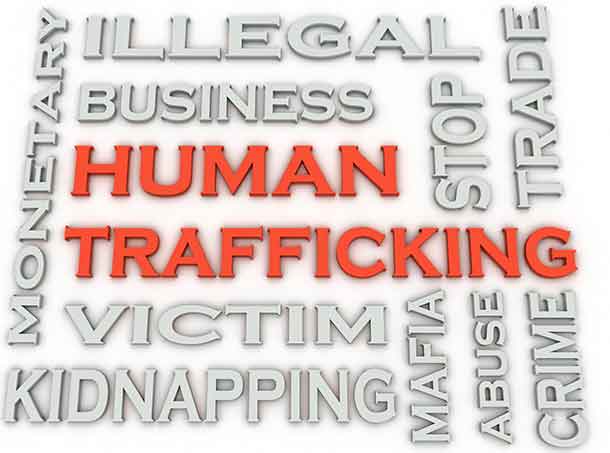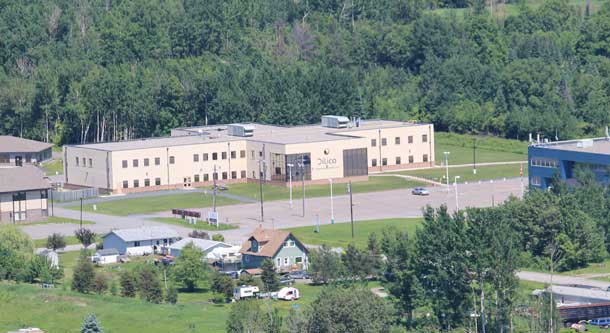
Dilico Supports Canadian Human Rights Ruling
THUNDER BAY, ON – Dilico Anishinabek Family Care (Dilico) is optimistic following the recent resolution of a Human Rights Case that draws attention to the discriminatory practices of the Federal Government and outlines inequities within funding for First Nation children.
“As a people, we will no longer stand for the inequity that exists and abide by legislative standards that oppress. We must stop the pain and suffering our children, families and communities have endured for far too long. Today we have hope. We applaud the ruling!” said Darcia Borg, Dilico’s Executive Director.
Dilico, in a statement issued following the ruling say, “Following a nine-year battle Dilico is very grateful to those who did not waiver in their fight for equitable services for First Nations children on reserve. This is a huge victory!”
However offered the opportunity to further discuss this, Dilico spokesperson Blythe Haynen responded, “I’d like to thank you for your interest and for sharing Dilico’s press release. We appreciate the opportunity extended to speak more on this issue, but will respectfully decline any further comments at this time.”
“Dilico has been working with First Nation Leadership in changing a system, which has been inherited. Government legislation and standards have resulted in children being removed from our communities. Dilico is relentlessly working at undoing the wrongs of the past. Dilico follows a customary care model. This means that children are placed with family or extended family and no longer lost to crown wardship or adoption.”
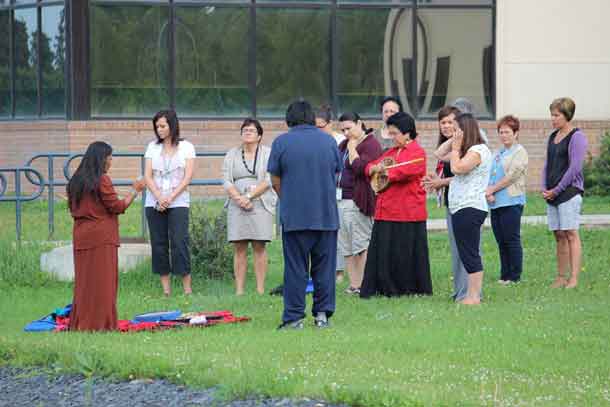
Dilico recognizes that the current child welfare system needs to change. Our First Nations require the supports within their communities. Rather than spending $5.3 million on fighting this case in court, the government should be investing in programs and services so that children can remain in their community. It is critical for children to have familial ties in order to have an identity and thrive in their communities.
Dilico is interested in moving forward to see the best possible outcomes are achieved and to seeing an increase to preventative services that would assist children, families and communities.
“We are hopeful that we will see a new child welfare system that focusses on providing culturally safe and appropriate prevention programs,” said Chief Peter Collins, Fort William First Nation.
Dilico is a First Nation governed organization with an integrated continuum of service which is comprised of the following services which are all made available in different capacities that include Health, Mental Health and Addictions, and Child Welfare. Dilico’s Mikinaak Customary Care Service Model, services are culturally based with First Nations communities, families and extended families involved in ensuring a child’s safety and well-being. At the core of the Mikinaak Service Model, it is the belief that it takes a “community” to raise a child. With this model, children remain at home, and there are fewer children in the foster care system.

